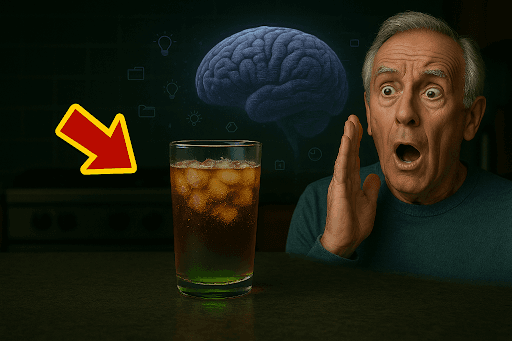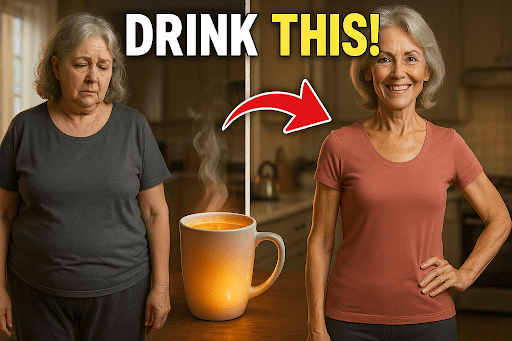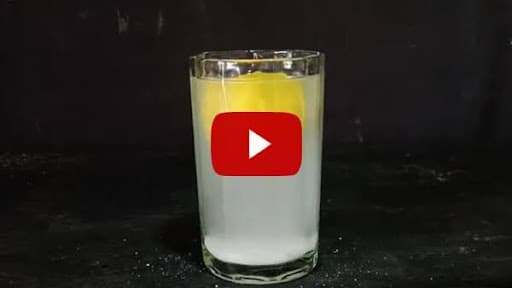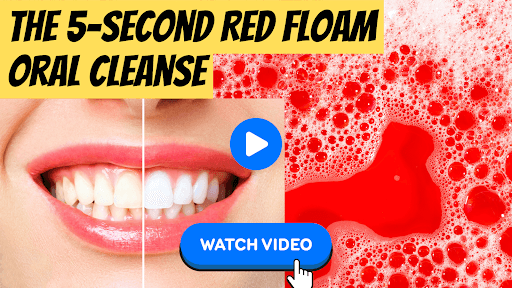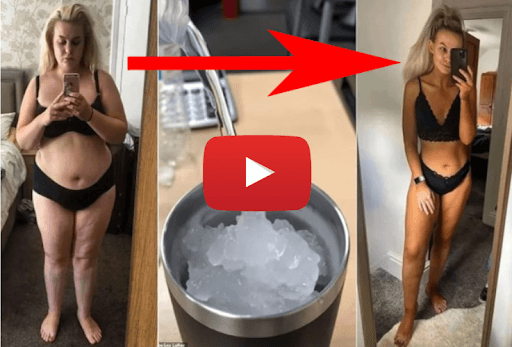Best Non-Medicated ADHD Treatment I Currently Use
In this enlightening discussion, Dr. Grant shares his expertise on managing ADHD without medication—a challenge he is familiar with both professionally and personally.
A significant step in managing ADHD can be found by confronting common micronutrient deficiencies. Deficiencies in vitamins such as Vitamin D3, Magnesium, Zinc, and Iron are often observed. Additionally, the particularly critical nutrients Vitamin B12 and Vitamin B6 play pivotal roles in neurotransmitter function, which, when optimized, may enhance focus and energy levels.
Hormonal imbalances are a frequent factor contributing to the symptoms of ADHD. Ensuring balanced levels of hormones like testosterone, free testosterone, and others appropriate for gender, such as progesterone and estradiol for women, is essential. Balancing these hormones can lead to significant improvements in focus, energy, and overall mood stability.
Long-term stress can sabotage all efforts to manage ADHD symptoms naturally. Dr. Grant discusses strategies to mitigate these stress factors through therapies like cognitive behavioral therapy, helping uncover the root causes of stress which might be buried from pragmatically or psychologically enduring early-life experiences.
While supplements provide temporary support, the ultimate goal is to cultivate a lifestyle where nutrition and daily habits become the cornerstone of treatment. By understanding personal imbalances, individuals can transition to relying on a balanced diet and structured routines for productivity and mental clarity.
Successfully managing ADHD without medication is achievable through these strategic interventions focusing on micronutrients, hormone regulation, gut health, stress reduction, and establishing nourishing lifestyle practices. Dr. Grant reminds us that understanding personal health dynamics is key to addressing ADHD symptoms effectively.
From Around The Web
Wellness Inbox is a blog & weekly newsletter that curates trending news and products related to health and wellness from around the web. We also gather content from various sources, including leading health professionals, and deliver it directly to you.
Please note that we may receive compensation if you purchase any products featured in our newsletter. Wellness Inbox is not affiliated with, nor does it endorse, any health professionals whose content may appear in our newsletter. The information provided is for general informational purposes only and should not be considered medical advice.
The information provided is not intended to replace professional medical advice, diagnosis, or treatment. All content, including text, graphics, images, and information available is for general informational purposes only. We do not guarantee the accuracy or completeness of any information presented and assume no liability for any errors or omissions. The content is subject to change without notice. We encourage you to verify any information with other reliable sources and consult your physician regarding any medical conditions or treatments.
